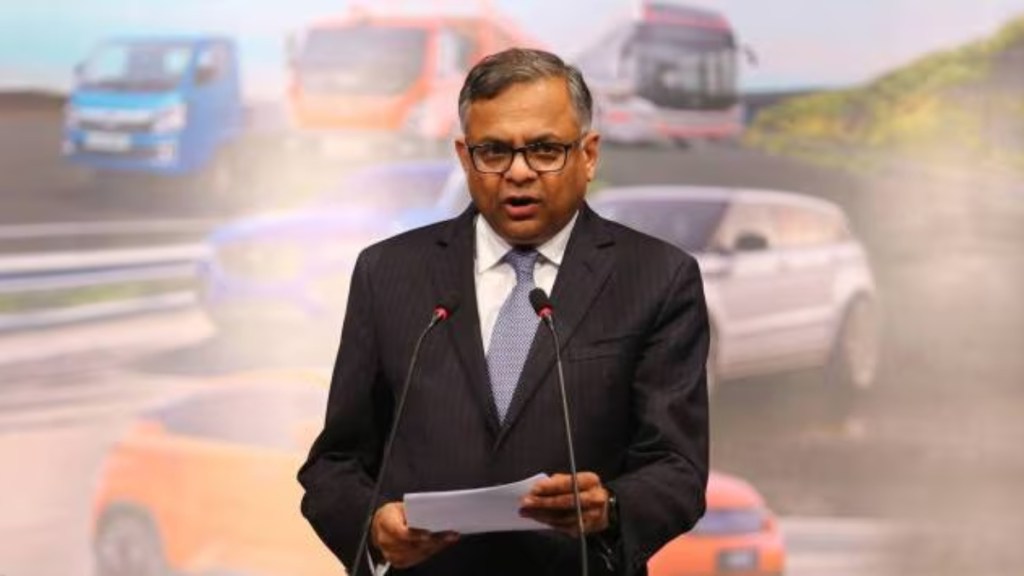The global economic landscape remains volatile, but India continues to be a strong market, Tata Consumer Products chairman N Chandrasekaran, said on Thursday during the firm’s 61st annual general meeting.
Chandrasekaran, who is also the chairman of Tata Sons — the holding company of the Tata group, addressing the shareholders stated that Tata Consumer was well-positioned to capitalise on the opportunity that the domestic consumer market presented.
In FY24, Tata Consumer saw consolidated revenue grow 10% year-on-year to Rs 15,206 crore, while consolidated profit after tax declined 3.41% year-on-year to Rs 1,301 crore. Consolidated Ebitda for the year came in at Rs 2,323 crore, up by 24% versus last year, with an Ebitda margin of 15.3%.
“India’s consumer market presents a long-term structural opportunity driven by a young population, a growing middle class, rapid urbanisation, increasing disposable incomes, and rising aspirations,” Chandrasekaran said during the AGM.
While the baseline forecast for the world economy was a growth rate of 3.2% during 2024 and 2025, India’s GDP growth had surged to 8.2% in FY23-24, with the momentum expected to continue, he said.
Chandrasekaran also noted that the middle class was growing rapidly, creating opportunities within fast-moving consumer goods (FMCG) for the company.
“India’s middle class is expected to grow from about 30% of the population to 50% by the end of this decade. That is about an additional 300 million people who will be entering the middle class,” he said.
To support its growth strategy, Tata Consumer, he said, had completed the acquisition of Capital Foods and Organic India, expanding the firm’s total addressable market into high-growth, high-margin categories.
“The company has scaled its distribution to reach 4 million retail outlets in India, which represents a two-fold increase since 2020. The company has also focused on innovation and has seen a 5x growth in innovation revenue since FY21,” he added.
The innovation to sales contribution of the company now stood at 5%, he said.
At the same time, the maker of Tata Tea and Himalayan Mineral Water had also implemented a digital transformation agenda. The key highlight of this was the launch of a new go-to-market platform aimed at transforming the sales and distribution ecosystem. This would enable greater agility, better decision-making, and help drive business growth.
On Tata Starbucks, its 50:50 JV with Starbucks, Chandrasekaran said it had opened 95 new stores in FY24, setting a record for the highest number of stores opened in a single year since inception.
In the international business, Chandrasekaran highlighted the transformation of Tetley tea in the UK, which was relaunched with a new blend, plant-based tea bags, and fully recyclable packaging.
